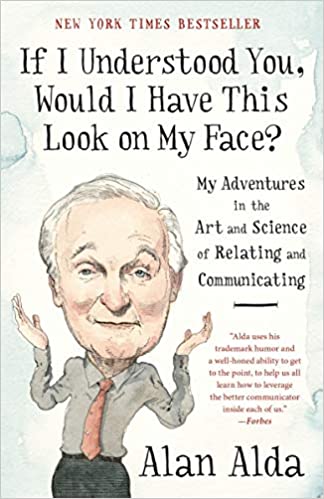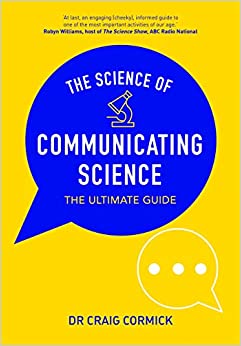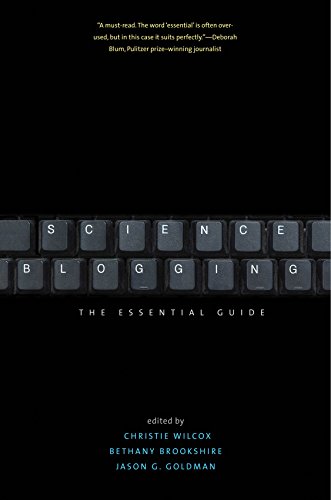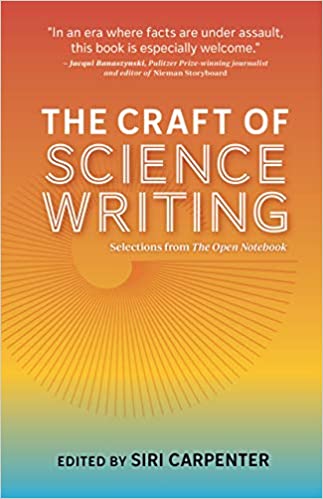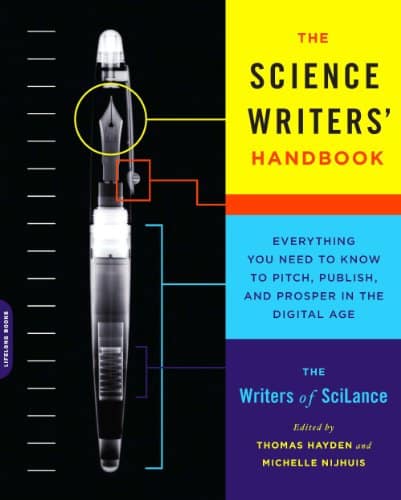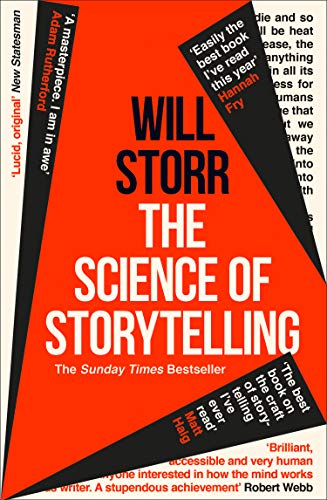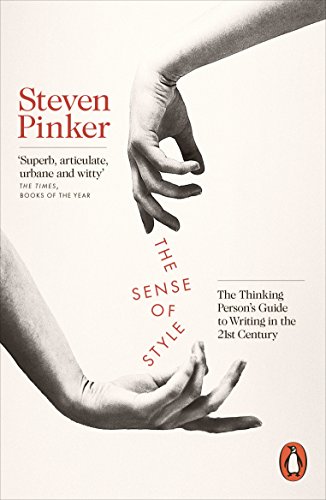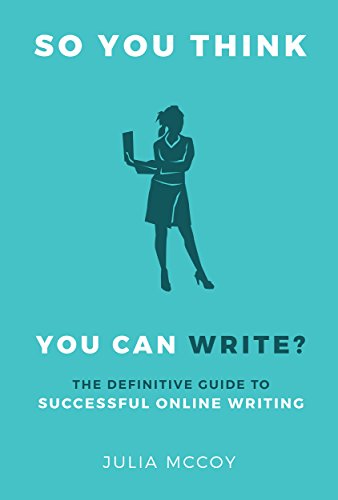Science communication books
Develop your science communication skills with helpful resources
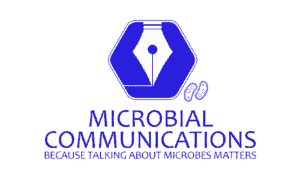
With the right mindset and books at hand, everyone can improve their science communication skills.
Sarah Wettstadt
Disclaimer: some of these links are affiliates and I might make a small profit from your purchase with no extra costs to you. For full disclosure, please read through the imprint.
This is one of the best books you can find on science communication. With a the funny and highly engaging voice, actor Alan Alda describes concepts of how to reach people, talk to them and use empathy to convey your message. Everyone who is slightly interested in science communication should read this book.
The ins and outs of science communication proven with scientific facts. This book is full of great knowledge. It describes how to get started, how to keep science communication going and tackles some of the biggest issue when it comes to influencing the public with a science story.
This book is all about how to get started in science communication and especially science blogging, written by different experts from the field. They tell you all there is to know how to engage your audience online, what the obstacles of an online presence are, and what you will get out of it. Finally, science blogging is definitely worth if you want to reach a very broad audience with your efforts.
Just as helpful as the collection of guides on science writing on The Open Notebook, this book bundles the most important tips and tricks. You can learn about the transition into science writing or how to read scientific papers and distill the story to engage your reader. Another must-read on this list if you consider embarking on the path as a science writer.
If you are actually serious about science writing, I can highly recommend this guide on anything there is to know to make a living of this craft. Lots of experience is collected in this book. So, everyone will find some great tips in here on how to start a great science writing business.
This book has been super helpful in understanding what is important when writing a story. Any story. The author explains why everyone is wired to remember stories. From this, it feels a lot easier to pack science facts into colourful and engaging stories to help your reader learn new scientific facts.
This book helps a lot to actually WRITE BETTER. It explains grammatical background and how to use grammatical phrases to improve your style. Especially for science communication purposes, there is a chapter on how to avoid a technical writing style and think of your reader when writing.
Julia McCoy wrote this book for everyone to become familar with online writing, which is very different from academic writing. She tells you how to structure posts and the basics of search engine optimisation and everything else there is to know about how to write a great post. Also, this book accompanies an online course in which Julia goes even deeper into the online writing world. Definitely worth checking out if you are interested in writing online.
